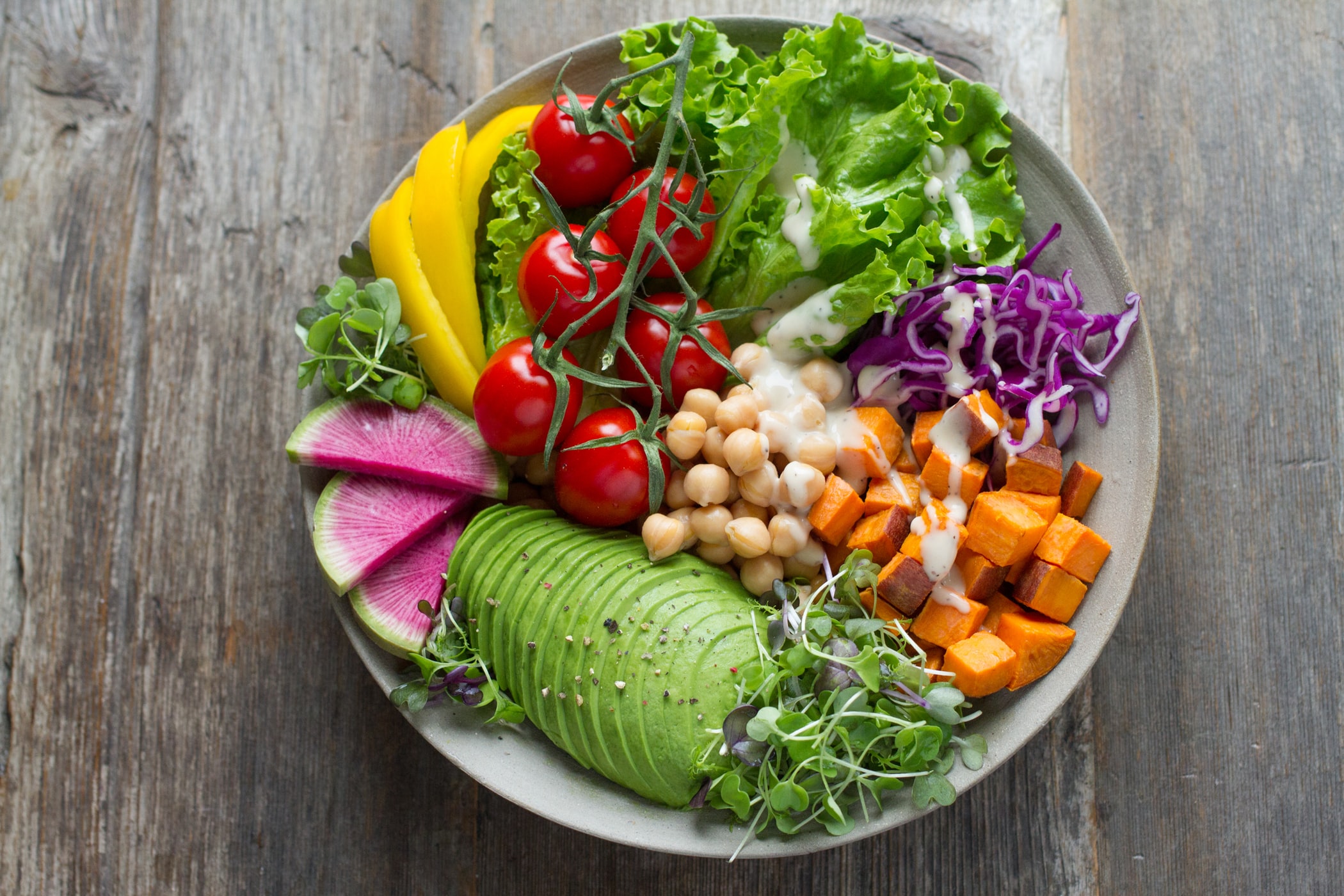

Winter Running Gear Guide – What to Wear at Every Temperature
It can be difficult to figure out what to wear running in the cold. Sure, you can use one of those calculators that give you recommendations for winter running gear, but how about real advice for running in cold weather? After years of cold weather running, I’ve put together this…
Read More








